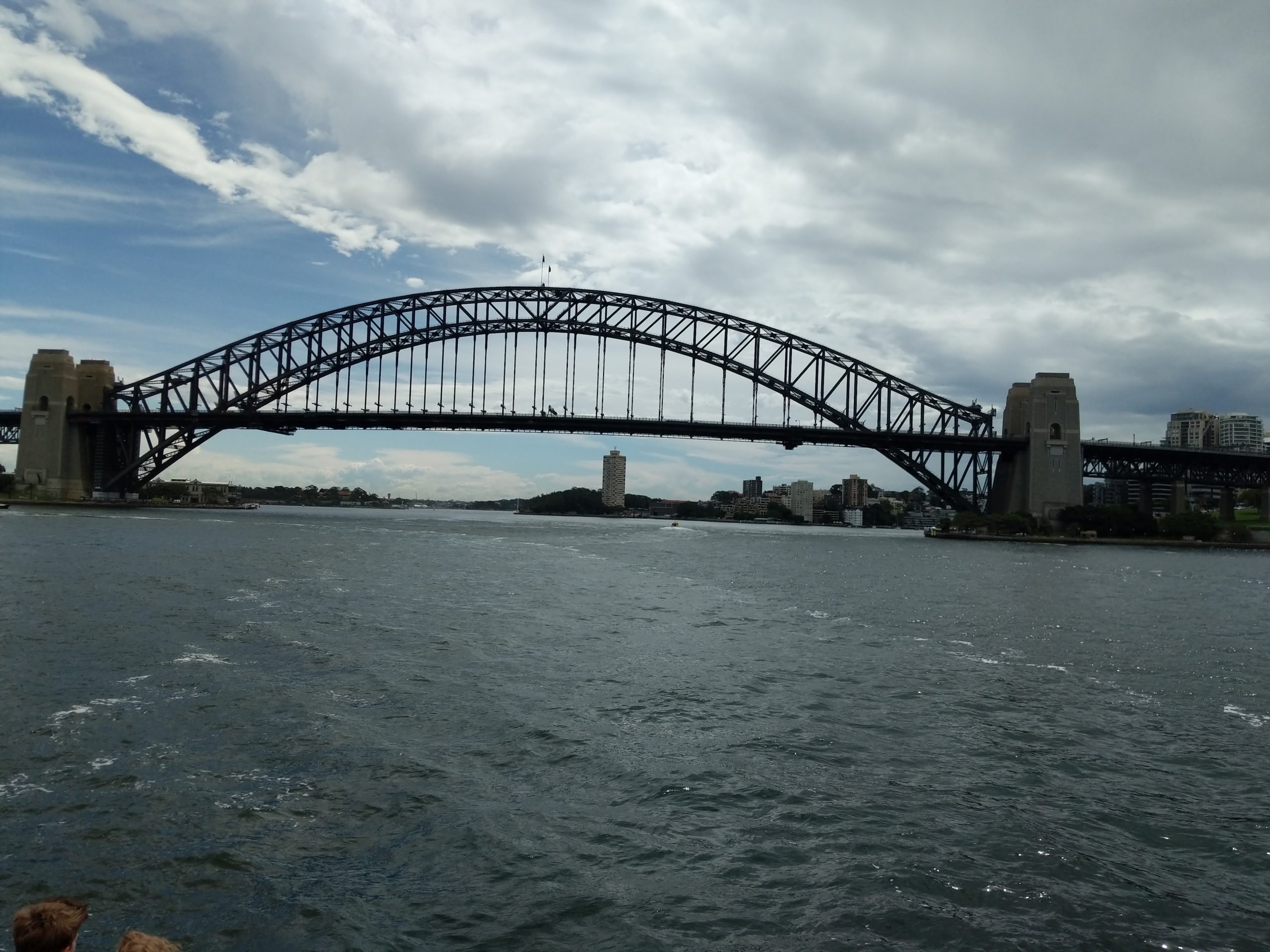Sydney – an English Lord, a French Count, a Headless Saint, and Even a Drunken God

This is an intriguing story. Let me explain…
Where did the name Sydney come from?
OK let us begin.
Two and a half thousand years ago in ancient Greece. There was once a fantastic God, who was worshipped throughout the Mediterranean. His name was Dionysus (also known as Bacchus), and he was the god of making wine, drinking wine, getting drunk from wine and blurring the lines, between strangers and friends. A cool dude. He was the offspring of from the union of Zeus and Persephone. Now that is one for the history buffs.
As you can imagine, he was a very popular deity. So popular, in fact, many people throughout the ancient world were named after him. Names such as Dion, Dinos and Dennis spread throughout Greek history and into Roman times, in his honour.
By the third century AD, a young Roman man called Dennis would also enter history. These were still pagan times, but Dennis had converted to Christianity, and travelled from his home in Italy, to the Roman city of Paris. His goal? To preach.
But these were dangerous times for Christians, and it wasn’t long before Dennis was captured and decapitated on top of the hill in the centre of Paris. However, this would only cement his legend to this day, for it is said that Dennis’s head continued to preach as it rolled down the hill. The head was eventually picked up by his own body and carried down the road a few miles before collapsing.
When Christianity soon took over the Roman Empire, Dennis was made into a saint, and his miracle decapitation story became a very popular icon. In fact, even today, Sant-Denis, is one of three patron saints of Paris, and he is also the patron saint of headaches, including hangovers.
Dionysus, the god of wine would be proud.
Now, as time rolled on (pun intended) , Saint Dennis, or in French Sant-Denis would also have a Basilica and a town dedicated to him, just outside the city. But as fate would have it, around the 12th century, the count of the town, Sant-Denis relocated from France to England, so he could marry into a rich family.
But he carried the name with him, and through his bloodline. It continued through many English generations to detach it from any unwanted French Connection. However, the spelling of Sant-Denis became anglicised around the 16th century, so that it was now pronounced, Sideney.
In 1783, a descendent of the Sideney family tree called Thomas Townsend (1733-1800) was to be made a Lord. This was a great honour and allowed him to choose a new title. Looking back at the branches of his ancestry, the family decided the Sideney line to be the most respectable. Although, he wanted to update the spelling, one last time.
The result…Thomas Townsend’s official new title was Lord Sydney, so the name, Sydney was born. The title Sydney commemorates his descent from Robert Sydney, 2nd Earl of Leicester.
But where does Australia fit into this tale? Well at the time, Lord Sydney was an important English politician. It was his job to find a new solution that would rid England of the hordes of cursed convicts rotting throughout its overcrowded jails.
After deciding upon a distant land in the far corners of the earth. He wished the 11 ships comprising the First Fleet farewell, as they began their long and arduous voyage to Botany Bay. Much to the fleet’s disappointment when they finally arrived, they found this bay to be a real flop when it came to starting a colony.

Upon review of Captain Cook’s maps, they ventured to another extensive waterway next door, called Port Jackson. It proved to be a much better option. In the final leg of their journey, the ships relocated to a cove, in this well-protected harbour. It was chosen because it boasted a fresh spring of water and a deep shoreline next to rocky headlands and was named in honour of Lord Sydney.
“The spot chosen for this purpose was at the head of the cove,” reported David Collins, Judge Advocate and Secretary to the colony “near the run of freshwater, which stole silently along through a very thick wood, the stillness of which had then, the first time since the creation, been interrupted by the rude sound of the labourer’s axe.” The Governor, Arthur Phillip (1738-1814), distinguished it by the name of Sydney Cove. The rest, my friends, is history.
So, there you have it, Sydney, an English Lord, a French count, a headless saint, and even a drunken God are woven into your story as it stretches back through the past 233 years.
Now that deserves a drink or two. Cheers. Make sure it is a Schooner (but that is another story).

#yougottalovesydney
